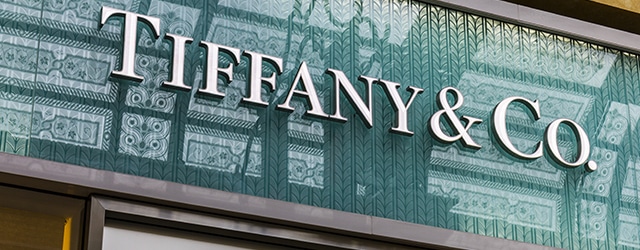The luxury jewelry brand has hired veteran luxury industry executive Alessandra Bogliolo as CEO hopingto revive its past lustre

Things haven’t been entirely sparkling at Tiffany & Co. lately.
Struggling to attract young customers, sales and profits at the New York-headquartered luxury jewelry house have fallen for the past two years, leading to the ousting—in February—of CEO Frederic Cumenal.
Total sales for the two months ended December 31, 2016 (“holiday period”) in the Asia-Pacific region increased 7% to $200 million and comparable store sales declined 4%, while in the US market, total sales of $483 million and comparable store sales were 4% below the previous year.
To relaunch its iconic brand, the 180-year old company is now betting on Alessandro Bogliolo, a veteran luxury-industry executive who worked for 16 years at Italian jewelry and luxury goods brand Bulgari and served for the past four years as CEO of fashion and accessories powerhouse Diesel.
A graduate of Milan’s prestigious Bocconi School of Management, the 52-year-old will start his new job on October 2. “Bogliolo possesses strong qualifications to meet the demands of his new role as CEO,” says Thomaï Serdari, a strategist in luxury marketing and branding at New York University’s Stern School of Business. “Unfortunately, Tiffany has made all sorts of missteps that have considerably degraded its status in the American market and have alienated both expert luxury consumers and aspirational consumers.”
“Tiffany’s products are seen as no longer possessing the mystery luxury products do,” says Sedari. “They are manufactured in numbers too great to retain any of this aura. The relentless pressure to meet analysts’ market expectations has transformed Tiffany into a split-personality premium brand.”
Bogliolo’s main challenge, Serdari says, will be establishing a balance between different types of customers: “One that will allow him to rebuild both that middle layer and its considerably diminished luxury brand equity.”
With new designs representing less than 10% of jewelry sales last year, accelerating the pace of product innovation will be key. “Conventional strategies will not work,” says Sedari. “Bogliolo must be as daring as when he was Diesel’s CEO and as proud as the Bulgari family has been. Not a small challenge, even for someone as capable as Bogliolo.”



